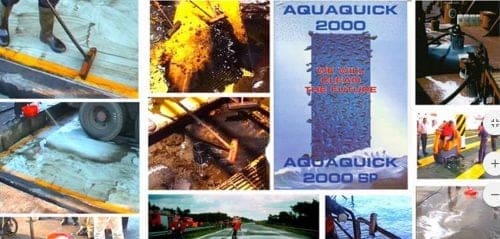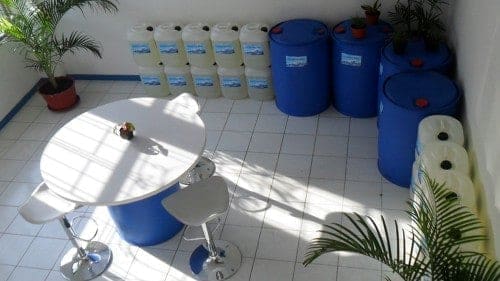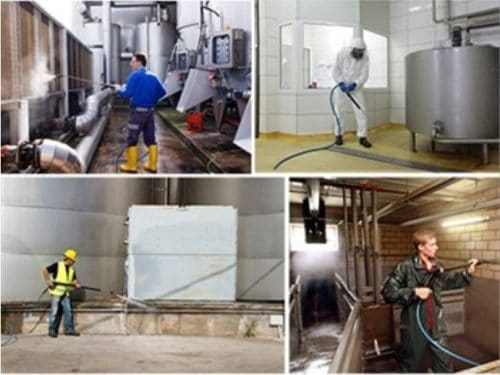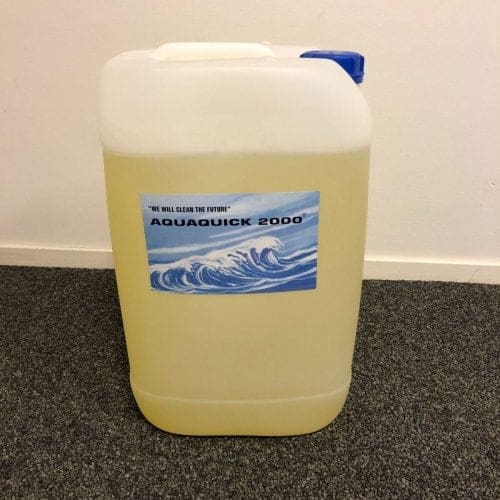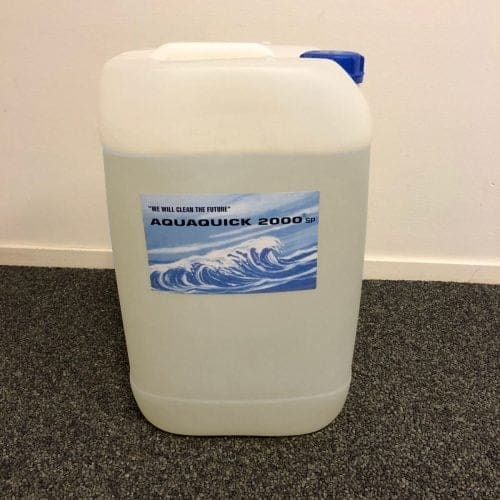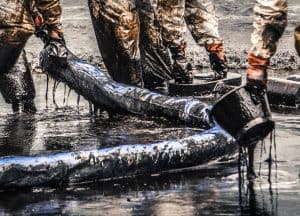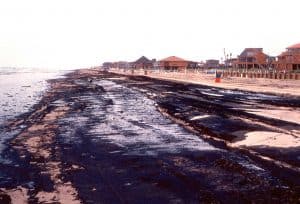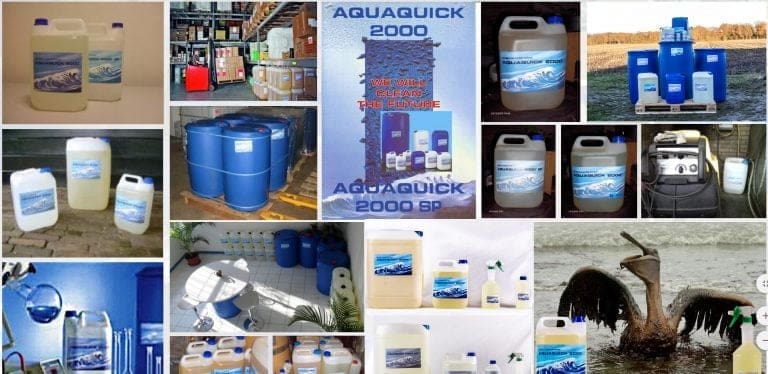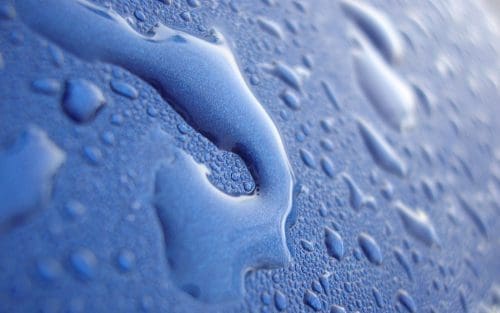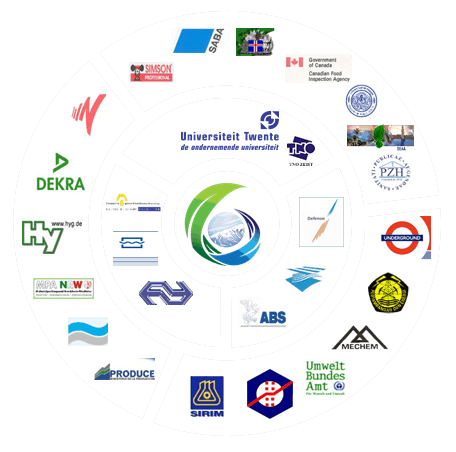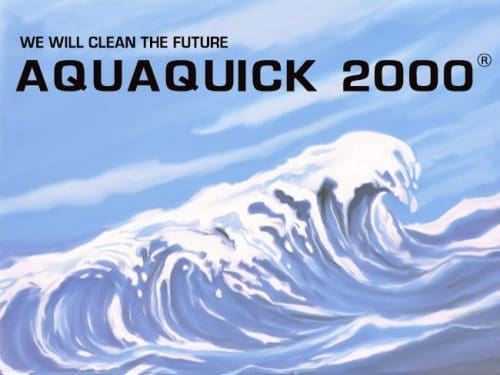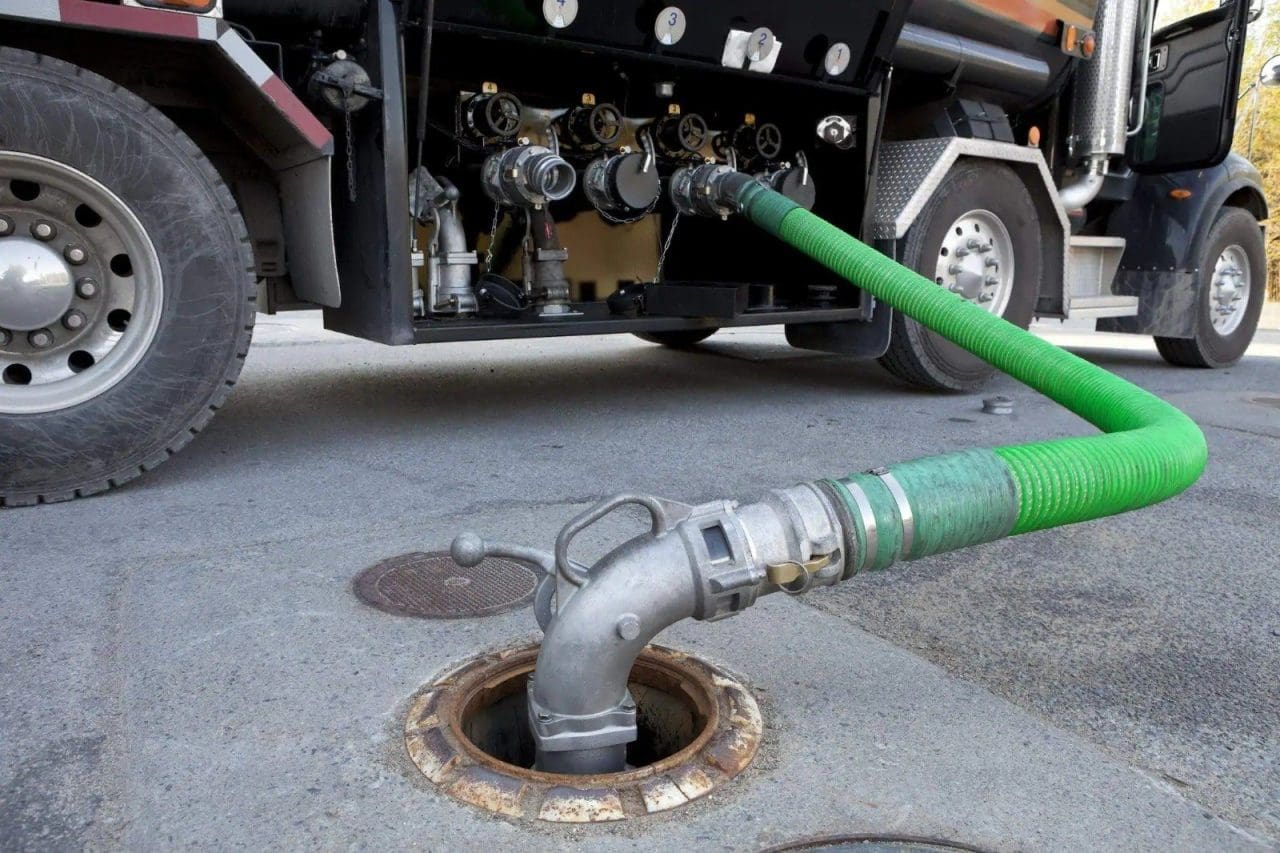Maintaining a vehicle involves many steps, from regular oil changes to tire rotations, but one crucial aspect that often goes overlooking a cleaner for gas tank. Over time, fuel tanks accumulate dirt, debris, and carbon deposits that can affect the performance of your engine. A gas tank cleaner is an essential tool in keeping your fuel system running smoothly, improving fuel efficiency, and prolonging the life of your vehicle. This comprehensive guide will explore everything you need to know about using a gas tank cleaner, including how it works, why it’s necessary, how to choose the right product, and the step-by-step process of applying it.
Understanding the Importance of a Cleaner for Gas Tank
A gas tank is one of the most critical components of a vehicle’s fuel system. It stores the fuel that powers the engine, and any contamination in the tank can lead to a range of problems, including poor fuel efficiency, engine misfires, and even complete engine failure. Over time, fuel tanks can accumulate various contaminants like dirt, rust, and sludge. These impurities can clog the fuel filter and injectors, leading to inefficient fuel combustion.
A cleaner for gas tank is specifically designed to dissolve and remove these contaminants, ensuring that the fuel flowing into your engine is as clean as possible. Regular use of a gas tank cleaner can help prevent expensive repairs and keep your vehicle running at its best.
How a Gas Tank Cleaner Works?
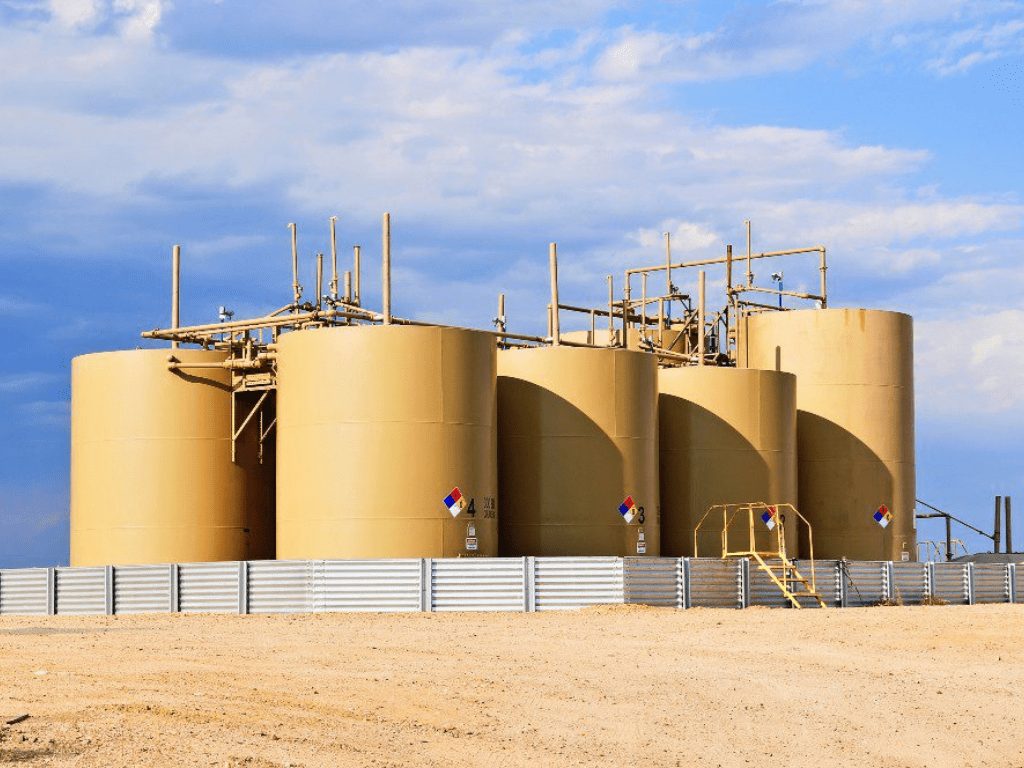
A cleaner for gas tank typically contains powerful solvents and detergents that break down the buildup of deposits within the tank. When added to the fuel, these chemicals mix with the gasoline and circulate through the fuel system. As the gas tank cleaner passes through the system, it dissolves deposits on the tank walls, fuel lines, and injectors. This process not only cleans the tank but also helps improve fuel atomization, leading to better combustion and fuel efficiency.
Benefits of Using a Cleaner for Gas Tank
- Improved Fuel Efficiency: One of the most significant benefits of using a cleaner for gas tank is the improvement in fuel efficiency. Deposits in the gas tank can lead to incomplete combustion, causing your engine to use more fuel than necessary. By keeping your gas tank clean, you can ensure that your engine runs efficiently, which can save you money on fuel in the long run.
- Enhanced Engine Performance: A cleaner gas tank leads to better engine performance. Deposits in the fuel system can cause engine misfires, rough idling, and a decrease in power. Regular use of a gas tank cleaner can help restore lost power and ensure that your engine runs smoothly.
- Prolonged Engine Life: By removing harmful deposits from your fuel system, a gas tank cleaner can help prolong the life of your engine. Cleaner fuel means less wear and tear on engine components, reducing the risk of costly repairs and extending the overall life of your vehicle.
- Reduced Emissions: A cleaner gas tank contributes to more complete combustion, which in turn reduces the emission of harmful pollutants. This not only helps the environment but can also help your vehicle pass emissions tests.
- Cost-Effective Maintenance: Regular use of a gas tank cleaner is a cost-effective way to maintain your vehicle. It helps prevent expensive repairs related to clogged fuel injectors, dirty fuel filters, and other fuel system issues.
Choosing the Right Gas Tank Cleaner
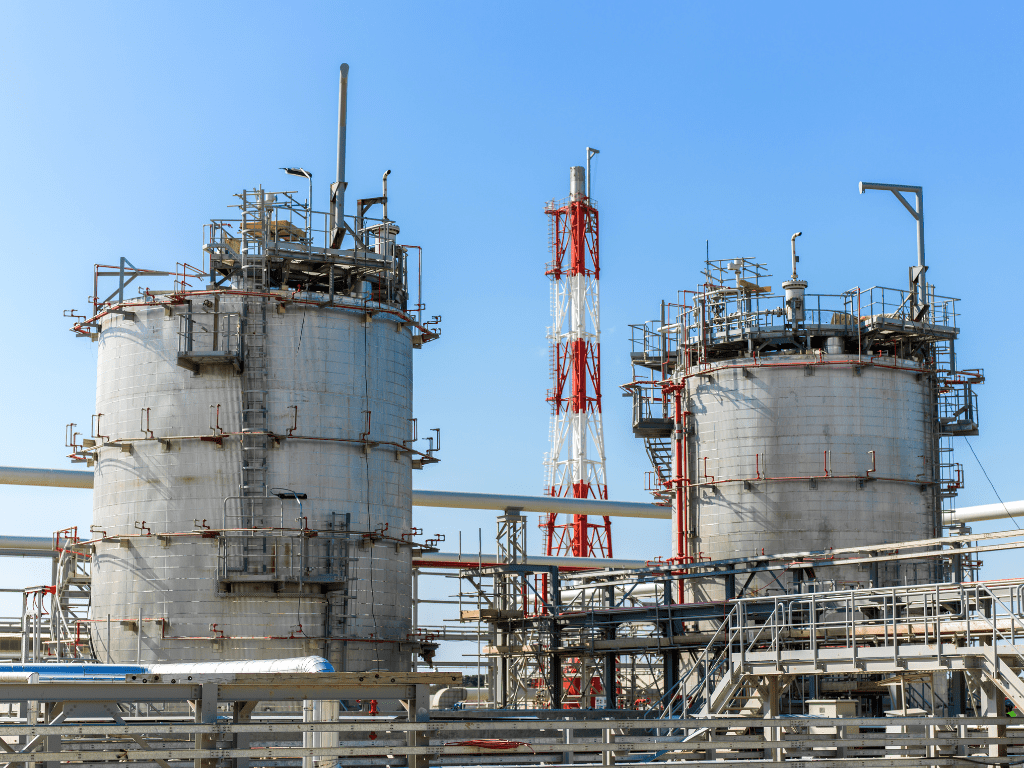
When selecting a cleaner for gas tank, it’s essential to consider several factors to ensure you choose the right product for your vehicle.
- Type of Fuel System: Different vehicles have different fuel systems, and not all cleaners are suitable for all types of engines. Ensure that the gas tank cleaner you choose is compatible with your vehicle’s fuel system, whether it’s gasoline or diesel.
- Type of Cleaner: There are various types of cleaners available, including those that focus on cleaning the entire fuel system and others that are specifically designed for gas tanks. A gas tank cleaner specifically targets the buildup in the tank, while full-system cleaners address the entire fuel delivery system, including injectors and carburetors.
- Chemical Composition: Some cleaners use harsh chemicals that can be harmful to certain types of engines or fuel systems. Always check the chemical composition of the gas tank cleaner to ensure it won’t cause damage to your vehicle.
- Brand Reputation: Choose a gas tank cleaner from a reputable brand with positive reviews. Trusted brands are more likely to offer effective products that deliver on their promises.
- Ease of Use: Some cleaners require you to remove the gas tank, while others can be added directly to the fuel. Choose a gas tank cleaner that is easy to use and fits your level of mechanical expertise.
How to Use a Cleaner for Gas Tank: Step-by-Step Guide
Using a cleaner for gas tank is generally a straightforward process, but it’s important to follow the instructions carefully to achieve the best results. Here’s a step-by-step guide on how to properly use a cleaner for gas tank:
Step 1: Choose the Right Product
Before using a cleaner for gas tank, ensure you have selected the right product for your vehicle. Check the label to confirm that it’s compatible with your type of engine and fuel system.
Step 2: Prepare Your Vehicle
Make sure your vehicle is parked on a level surface and that the engine is off. It’s also a good idea to check the fuel level in your tank. Some cleaners work best with a specific amount of fuel, so make sure your tank is filled according to the product’s instructions.
Step 3: Add the Cleaner
Open the fuel filler cap and carefully pour the cleaner for gas tank into the tank. Be sure to add the correct amount as specified on the product label. Most cleaners come in pre-measured bottles, making it easy to add the right amount.
Step 4: Drive Your Vehicle
After adding the cleaner for gas tank, drive your vehicle for at least 15-30 minutes to allow the cleaner to circulate through the fuel system. This helps ensure that the cleaner reaches all parts of the system, dissolving any deposits along the way.
Step 5: Refill Your Tank
Once you’ve driven the recommended distance, refill your tank with fresh gasoline. This will help flush out any remaining cleaner and deposits from the tank.
Step 6: Monitor Performance
After using a cleaner for gas tank, pay attention to your vehicle’s performance. You should notice improvements in fuel efficiency, engine smoothness, and overall power. If you don’t see any improvement, you may need to repeat the process or consider using a different product.
How Often Should You Use a Cleaner for Gas Tank?
The frequency with which you should use a cleaner for gas tank depends on several factors, including your driving habits, the type of fuel you use, and the age of your vehicle. As a general rule, it’s recommended to use a cleaner for gas tank every 3,000 to 5,000 miles or during every oil change. However, if you drive in particularly harsh conditions, such as dusty environments or frequently in stop-and-go traffic, you may need to use the cleaner more often.
For older vehicles or those with high mileage, more frequent use of a cleaner for gas tank might be necessary to keep the fuel system in optimal condition. On the other hand, newer vehicles with modern engines may not require as frequent cleaning.
Common Misconceptions About Gas Tank Cleaners
There are several misconceptions about using a cleaner for gas tank that can lead to confusion or improper use. Let’s clear up some of these myths:
1. Myth: Cleaners Can Replace Regular Maintenance
- Fact: While a cleaner for gas tank can help maintain your fuel system, it should not replace regular maintenance tasks like changing your fuel filter, spark plugs, or oil. It is a supplement to your vehicle’s maintenance routine.
2. Myth: More Cleaner Is Better
- Fact: Using more than the recommended amount of cleaner for gas tank won’t necessarily yield better results. In fact, it could harm your fuel system. Always follow the manufacturer’s instructions for the correct dosage.
3. Myth: Cleaners Are Only for Older Cars
- Fact: While older vehicles may benefit more from regular use of a cleaner for gas tank, newer cars can also experience performance gains, especially if they are driven in challenging conditions.
4. Myth: All Cleaners Are the Same
- Fact: Not all cleaners are created equal. Different products are formulated for different types of engines and fuel systems. It’s important to choose a cleaner for gas tank that is specifically designed for your vehicle.
Environmental Impact of Using a Cleaner for Gas Tank

While the primary purpose of using a gas tank cleaner is to maintain your vehicle’s performance, it also has environmental benefits. Cleaner combustion leads to reduced emissions, which means less pollution. Many modern cleaners for gas tanks are formulated to be environmentally friendly, breaking down harmful deposits without introducing toxic chemicals into the environment.
When choosing a gas tank cleaner, look for products that are labeled as eco-friendly or biodegradable. These products are designed to be less harmful to the environment while still providing effective cleaning power.
AQUAQUICK 2000: The Best Solution
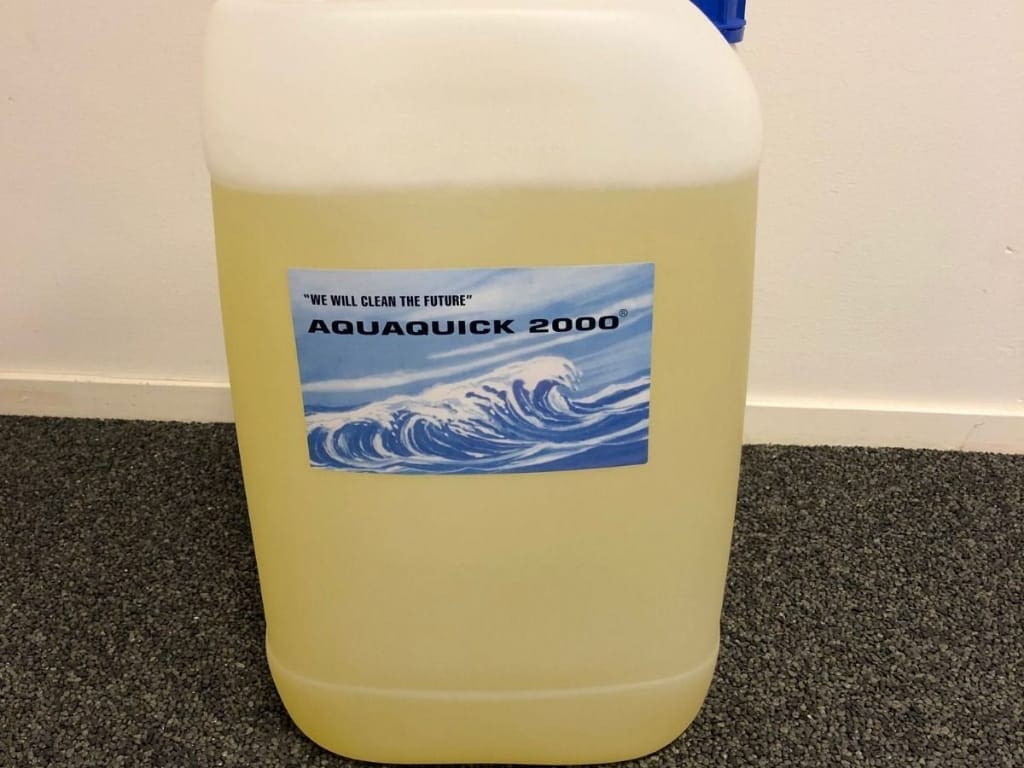
AQUAQUICK 2000 is a versatile and environmentally friendly cleaning agent designed to address the needs of various industries, including marine, automotive, industrial, and environmental sectors. Known for its exceptional cleaning power, AQUAQUICK 2000 is a biodegradable and non-toxic solution, making it an ideal choice for organizations looking to minimize their environmental impact while maintaining high standards of cleanliness and safety.
The key advantage of AQUAQUICK 2000 lies in its ability to break down and emulsify a wide range of contaminants, including oils, grease, fats, and other hydrocarbons. Unlike traditional cleaning agents that rely on harsh chemicals, AQUAQUICK 2000 uses a unique formula that is gentle on the environment while being highly effective at removing stubborn residues. This makes it particularly useful in applications such as cleaning marine vessels, where the use of environmentally harmful chemicals can have a significant impact on marine life.
AQUAQUICK 2000 is also versatile in its application. It can be used in various cleaning methods, including high-pressure washing, soaking, and manual cleaning. It works effectively in both fresh and saltwater environments, providing consistent results across different conditions. This adaptability makes AQUAQUICK 2000 a preferred choice for cleaning tasks ranging from industrial equipment degreasing to the remediation of oil spills.
One of the standout features of AQUAQUICK 2000 is its safety profile. Being non-toxic and biodegradable, it poses no harm to users, the environment, or aquatic life, which is a crucial consideration for companies committed to sustainable practices. Additionally, its ease of use and efficiency contribute to reduced cleaning time and lower operational costs, making it not only an environmentally responsible choice but also a cost-effective one.
In summary, AQUAQUICK 2000 offers a powerful, eco-friendly solution for industrial and marine cleaning needs, ensuring effective results without compromising on environmental or user safety.
Conclusion: Keep Your Fuel System in Top Condition
A cleaner for gas tank is an invaluable tool in maintaining the health and performance of your vehicle. By regularly using a gas tank cleaner, you can ensure that your fuel system remains free of harmful deposits, leading to better fuel efficiency, enhanced engine performance, and reduced emissions. Whether you drive a new car or an older model, a gas tank cleaner should be a staple in your vehicle maintenance routine.
Choosing the right gas tank cleaner involves considering factors such as compatibility with your fuel system, the type of cleaner, and the reputation of the brand. By following the recommended steps for using a gas tank cleaner, you can easily keep your vehicle’s fuel system in optimal condition.
Remember, a gas tank cleaner is not a replacement for regular maintenance but a supplement that can help extend the life of your engine and improve your driving experience. Whether you’re dealing with a car that’s been running for years or a brand-new vehicle, incorporating a gas tank cleaner into your routine can lead to significant benefits in the long run.

